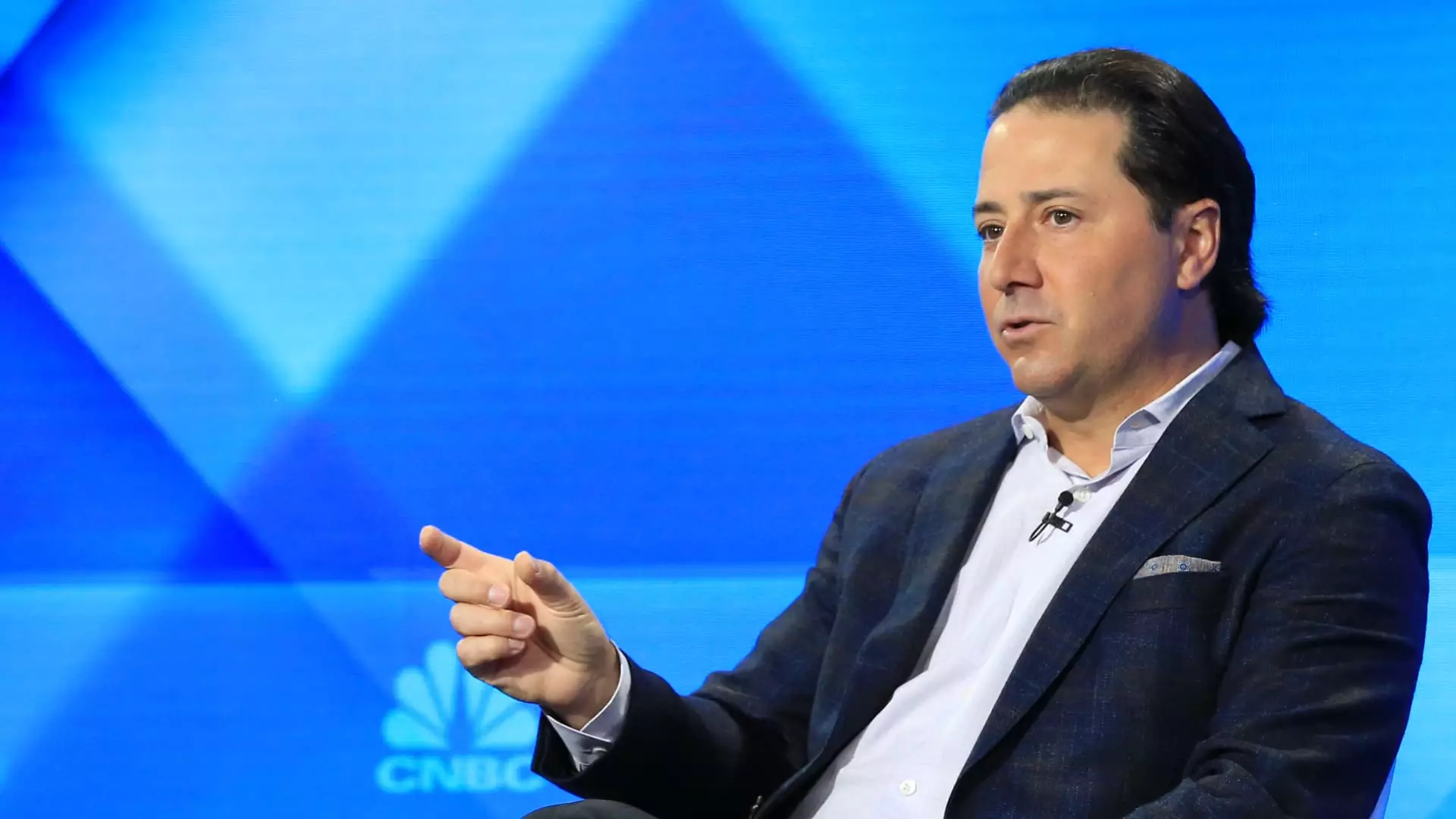The private credit industry has experienced a rapid expansion, raising concerns about how it will fare during a downturn. One of the most pressing concerns is the lack of prior experience with a significant economic setback. This raises questions about how borrowers will be impacted in a crisis situation.
During JPMorgan’s Investor Day, Chairman and CEO Jamie Dimon expressed his apprehension about the migration of assets to the non-bank sector. He pointed out that while banks tend to work with borrowers during a crisis, the private credit industry may face challenges due to the mark-to-market nature of their loans. This lack of experience with high interest rates, recession, and high spreads is a cause for concern.
However, the CEO of Ares Management, Michael Arougheti, disputed Dimon’s claims. He highlighted the firm’s extensive experience in the private credit market and its impressive track record. Arougheti emphasized that a loan is a loan, regardless of whether it is held by a bank or a private credit fund. He argued that the perceived risks in the market are unfounded based on Ares Management’s history.
Ares’ Executive Chairman, Tony Ressler, added to the defense of the private credit industry by suggesting that its growth could actually reduce systemic risk. He pointed out that the assets in private credit are held by companies with strong balance sheets and stable financing structures, which could help mitigate risks during a downturn.
The Federal Reserve conducted an analysis comparing default rates in private credit to traditional bank loans. The data showed that private credit loans have lower recovery rates upon default, which indicates higher loss given default compared to syndicated loans or high-yield bonds. This is attributed to the industry’s exposure to sectors with less collateralizable assets.
As the private credit industry continues to grow, it becomes more interconnected with traditional banking. JPMorgan, for example, is heavily involved in financing private credit portfolios and is expanding its capital deployment in this space. This increased interconnectedness raises concerns about how a downturn in the private credit market could impact the broader economy.
While the private credit industry has shown resilience and growth, it still faces challenges in managing risks during a crisis. The contrasting views from industry leaders highlight the ongoing debate about the industry’s preparedness for a significant economic downturn. As the industry continues to evolve and expand, it will be crucial to monitor how it navigates potential challenges and safeguards against systemic risks.


Leave a Reply